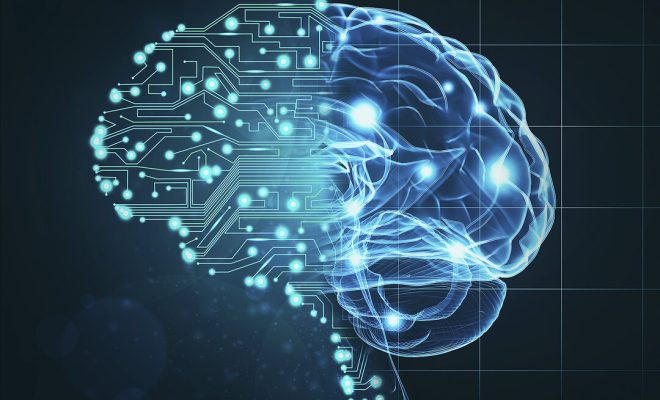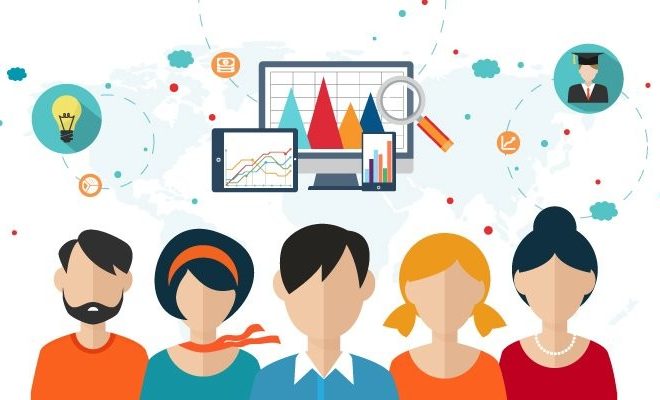Artificial Intelligence vs. Human Brain

The age-old debate of nature vs. nurture extends to the realm of artificial intelligence (AI). While AI systems boast impressive capabilities, they are ultimately algorithms mimicking the human brain’s functions. But how do these two entities compare?
The human brain is a marvel of biological engineering, possessing unparalleled adaptability, creativity, and emotional intelligence. Our brains learn from experience, adapt to new situations, and possess a vast range of emotions that influence decision-making.
AI, on the other hand, excels in areas where logic and computation reign supreme. AI systems can process information at unimaginable speeds, perform complex calculations, and analyze vast datasets with unparalleled precision. They can automate repetitive tasks, analyze patterns, and make predictions with high accuracy.
However, AI lacks the intuition, empathy, and subjective understanding inherent to the human brain. It cannot truly understand the complexities of human emotions, motivations, or social interactions. Moreover, AI systems rely on data and algorithms, making them susceptible to biases and limitations present within their training data.
Ultimately, AI and the human brain are not competitors, but rather complementary forces. While AI can assist humans in performing tasks efficiently, it is the human brain that provides the context, creativity, and ethical compass for AI to operate within.
The future lies not in replacing human intelligence with AI, but in harnessing their combined strengths. By working together, humans and AI can unlock a future where technology augments human capabilities and solves complex problems, ushering in a new era of progress and innovation.






